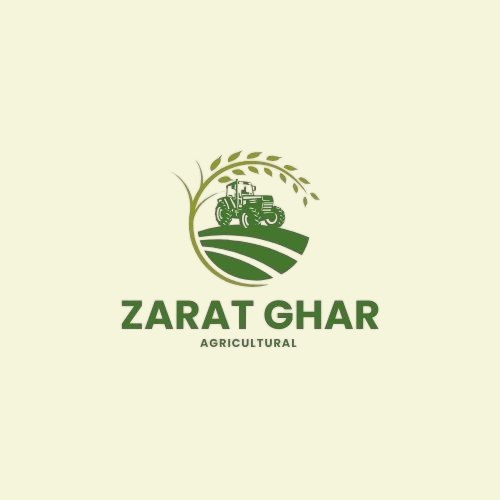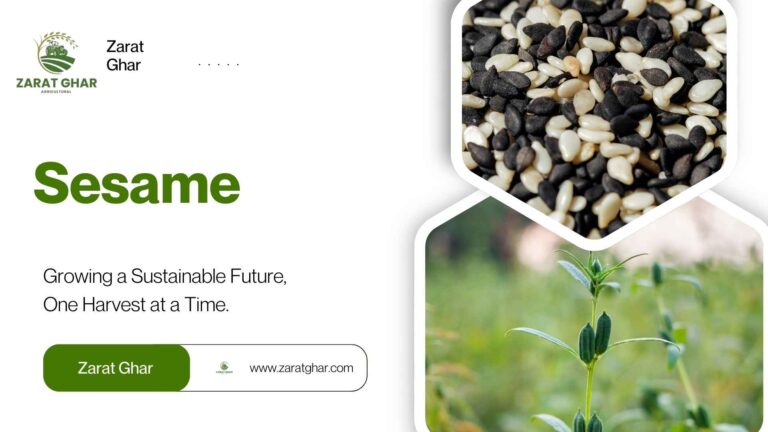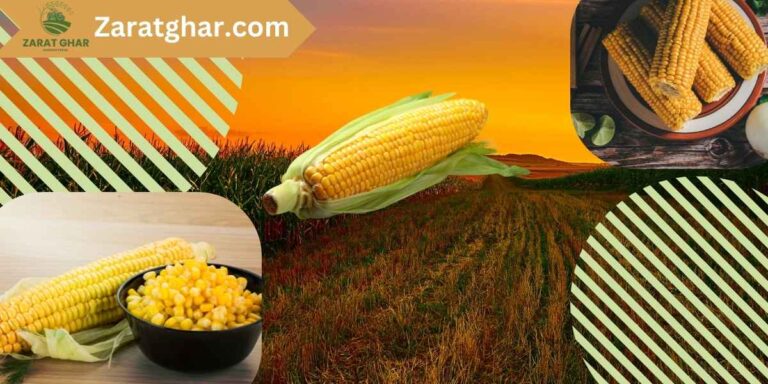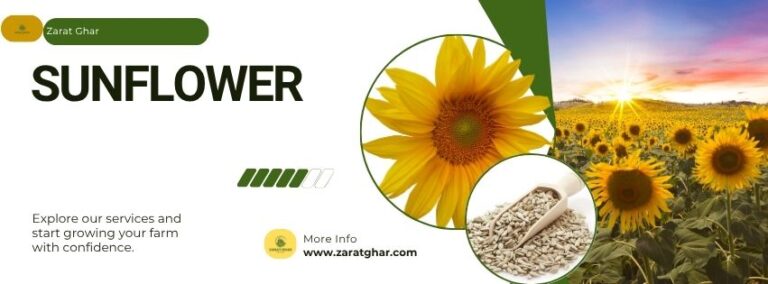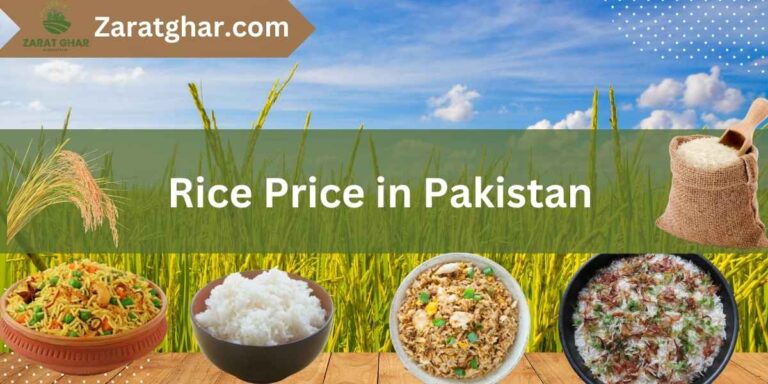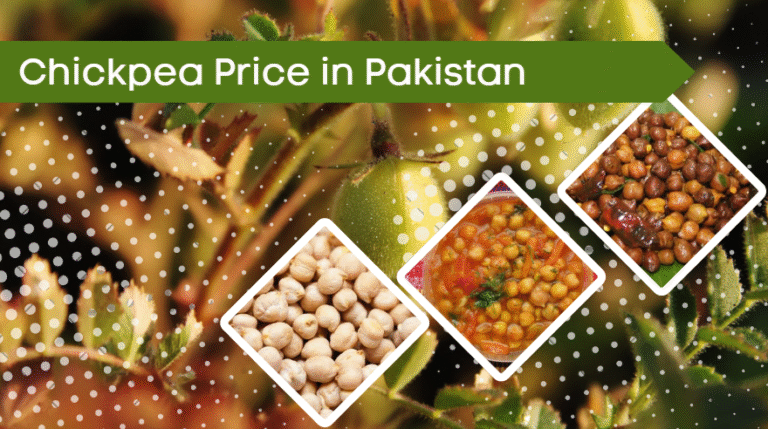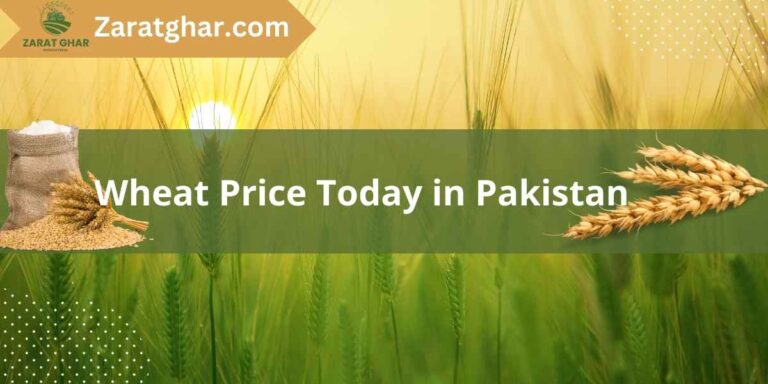Red Chilli Rate in Pakistan | January 2026
As of 2026, the red chilli price in Pakistan ranges between Rs. 300 to Rs. 800 per kg, depending on the quality, type, and region. Red chillies—commonly known as lal mirch or sabut lal mirch—are a staple in every Pakistani kitchen, available in both whole form and powdered (lal mirch powder).
Today’s Red Chilli Rate in Pakistan – Per KG Price Update
Here’s a quick look at the red chilli rate per kg in Pakistan in 2026:
| Type | Price (PKR/KG) |
|---|---|
| Whole Red Chilli (Sabut Lal Mirch) | 300 – 400 |
| Red Chilli Powder (Lal Mirch Powder) | 500 – 700 |
| Red Markari Chilli | 600 – 800 |
| Red Chilli Round (Gol Mirch) | 400 – 600 |
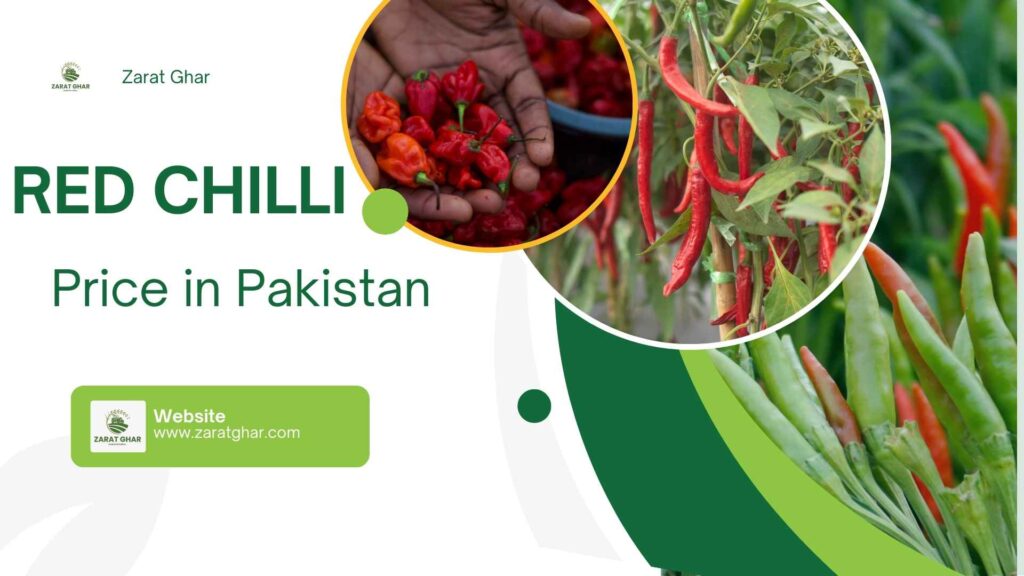
Red Chilli Price in Major Cities of Pakistan (2026)
| City | Red Chilli Rate (PKR/KG) |
|---|---|
| Karachi | 200 – 300 |
| Lahore | 220 – 310 |
| Islamabad | 210 – 320 |
| Peshawar | 180 – 270 |
| Rawalpindi | 200 – 290 |
| Multan | 180 – 250 |
| Faisalabad | 190 – 280 |
| Quetta | 230 – 330 |
Popular Red Chilli Varieties in Pakistan
1. Red Markari Price in Pakistan
Red Markari is a premium variety known for its intense heat and vibrant red color. Widely used in both powdered and whole forms, it commands a higher price due to its quality.
2. Dara Mirch (For Powder Production)
Dara mirch is a dried red chilli used mainly for making red chilli powder. It’s cost-effective and found in bulk for spice manufacturers.
3. Hybrid Red Chilli
Favored by farmers for its high yield and pest resistance, hybrid chillies are increasing in popularity. Their prices vary but offer good value in bulk.
4. Red Chilli Round (Gol Mirch)
Small and round in shape, Gol Mirch is used in chutneys, pickles, and dry masalas. It sells separately from regular sabut lal mirch.
5. Surkh Lal Mirch Powder
Often referred to as Surkh, this is the finely ground red chilli powder known for its vibrant color and spicy heat.
What affects the price of red chilli in Pakistan?
1. Harvesting Season (March to August)
The increase in supply causes the prices to drop during harvest season (March-August). In the off-season, prices of whole chillies and powder red chillies increase.
2. Supply and Demand
Pakistan exports its red chillies to the Middle East as well as Asia. This makes international demand an important factor in pricing.
3. Weather Conditions
The impact of climate change on chilli production in regions such as Sindh Punjab and Balochistan is seen through the supply and retail prices.
4. Quality and processing
Due to their superior processing, chillies of higher quality (such as Red Markari), and branded Lal Mirch Powder are more expensive.
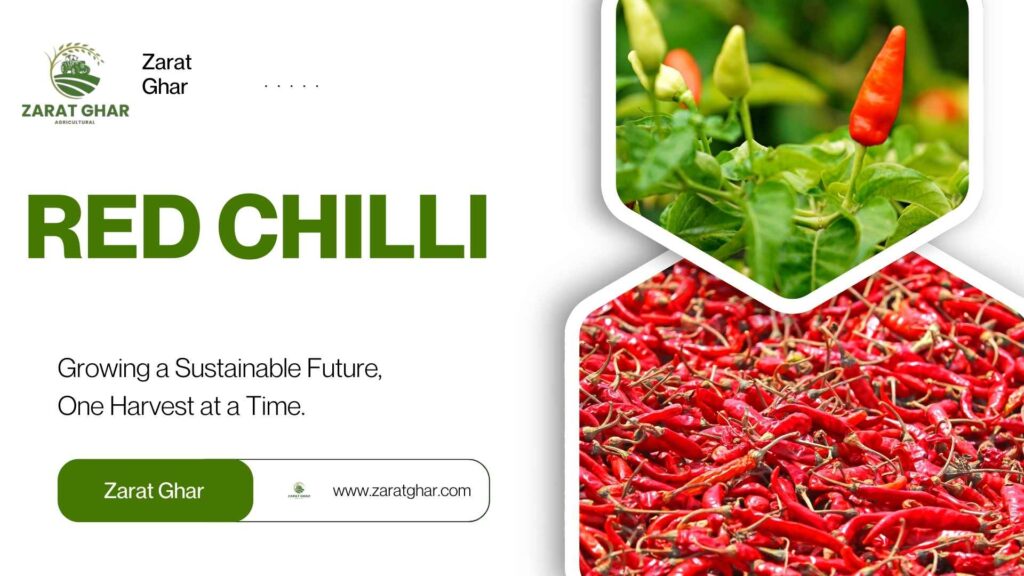
Growing Season & Conditions for Red Chillies in Pakistan
Ideal Climate
Chillies thrive in 20°C–30°C with full sunlight. Areas like Sindh and Balochistan are ideal due to their warm climates.
Planting Time
Planting starts from March to April, with harvests beginning in June and lasting until August.
Common Challenges
Farmers face threats like pests, diseases, and irregular rainfall—all of which reduce crop yield and increase red chilli rates in Pakistan.
Conclusion: Keep Track of Red Chilli Rates in Pakistan to Save Smart
Whether you’re buying for home use or in bulk for business, staying updated on the red chilli price in Pakistan today helps avoid overspending. From sabut lal mirch to lal mirch powder, each type has its value based on region, season, and quality. Local farming, climate, and global export demands all influence pricing trends. Make informed purchases by checking updated rates regularly, especially in markets like Kunri, Lahore, and Karachi.
See Also;
